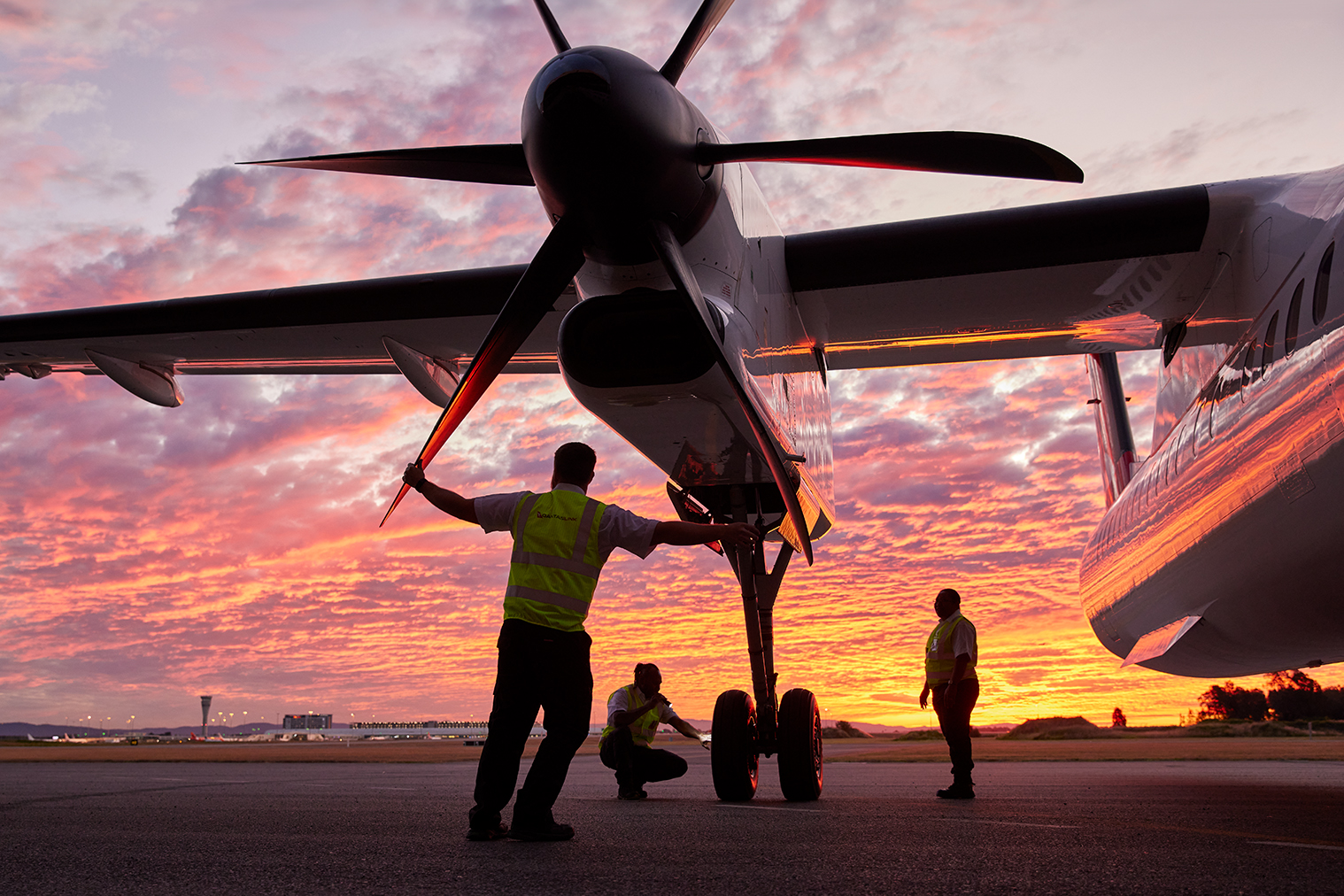In 2019, we were one of the first airlines in the world to announce our target of net zero emissions by 2050 and capping our net Scope 1 and Scope 2 emissions at 2019 levels. In March 2022, we announced emission targets for:

Our approach to sustainability
We recognise that air travel is currently not environmentally sustainable. That’s why we are committed to taking steps – in the air and on the ground – to reduce our impact on the environment.
More information on our climate and environmental initiatives can be found here and in our annual Sustainability Report.

